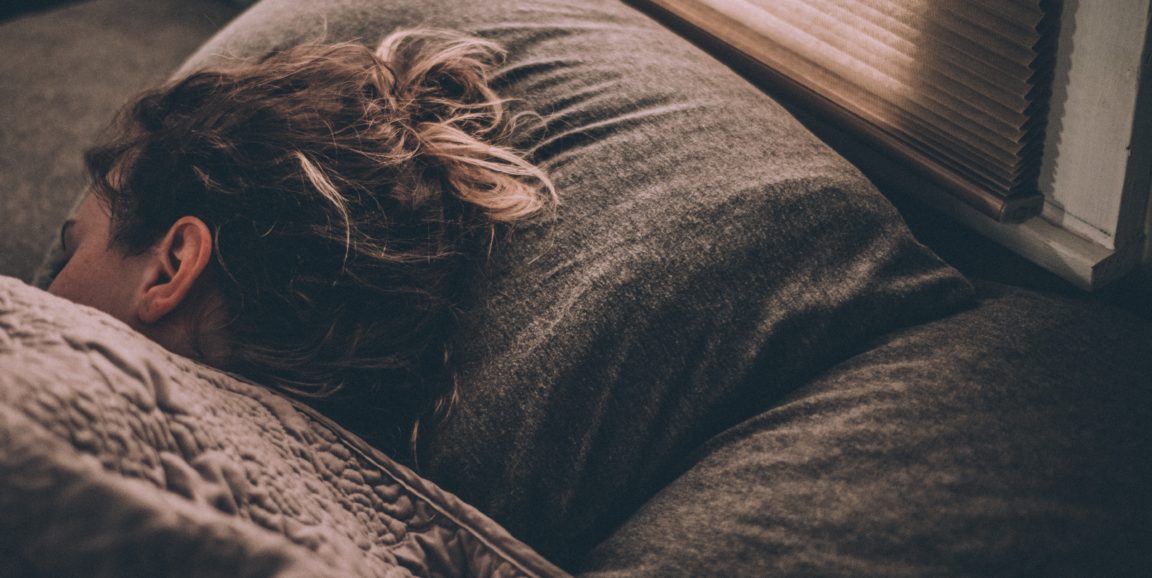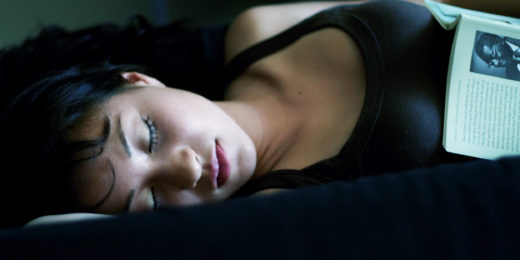Sleeping better?
I was surprised when Stanford Medicine sleep expert Rafael Pelayo, MD, told me in this 1:2:1 podcast that some of his patients were actually sleeping better during the COVID-19 pandemic. With the world on fire and the coronavirus still sneaky and pervasive, I couldn't imagine anyone was actually getting better shut-eye than before.
For some people, Pelayo explained, the pressure of leaving the house is stressful. Day-to-day expectations have changed, and there are introverts who appreciate this solitary life of staying indoors, he told me.
So, I said, what about those of us having fitful nights? Pelayo provided insights on this and more during our conversation.
What are some strategies for people who aren't sleeping well?
Mindset is key. Your bedroom is a sanctuary, and not a place to go over the what-ifs and, 'What would you do?' You've got all day, now, to worry about other problems.
When it's time for bed, it is a chance to take a break from this. Reach the passive state of serenity. The question is, how do you reclaim some serenity in the circumstances? A lot of people will have racing thoughts, where their mind is spinning. It's out of your control. It's going to be over when it's over, so there's no point in worrying when you get into bed at night.
You've said that sleep is a paradox. How so?
Why is it that we have this biological need to do something which is inherently dangerous to us? Why haven't we evolved to not get to sleep? One of the early sleep scientists said that if sleep has no function, it's the biggest mistake evolution ever made. That's the paradox of sleeping. You have to do it, but you're vulnerable for being attacked while it's happening.
I've heard you say that sleep is self-care. What do you mean by that?
What we know about sleeping is that it feels good to sleep, and it feels bad if you don't sleep. That's a very simplistic way of saying that sleeping has a restorative property. Exactly what it's restoring is not clear, but it seems that pretty much all the systems in our body seem to have this need for sleep -- and especially our brain.
Lack of sleep is associated with impaired immune function. This has been shown over and over again. In the earliest days with lab animals, over 100 years ago, if a lab animal was sleep-deprived, it would eventually die.
Sleep is the cheapest thing you can do for yourself, and it's the best bang for the buck. If you give yourself a chance to sleep, you give a chance for the body to renew itself, and you'll strengthen its defenses against viruses and infections.
How many hours of sleep does the average person need?
There is variability. An average between seven to nine hours is what we need. We can get by with less sleep, just like you can get by with less food. To be at your best, you're looking for seven-and-a-half hours or so.
Are afternoon naps restorative?
Recent research found that for people who typically sleep well on a regular basis, if you let them take a nap, their memory improved by 21% -- this was ability to just memorize a list of words. We often think, "I've gotten all the sleep I need. I should be fine;" but there seems to be some benefit directly from napping.
Are sleep medications helpful or the last resort for people who can't sleep?
I think we, as sleep doctors, are the last resort. People usually come to us because they've tried other things first. Typically, people first try over-the-counter medications. Alcohol cabinets are also among first choices. Alcohol can give you notoriously bad sleep on a regular basis; but on a short-term basis, alcohol will help you fall asleep faster. It's just not a good tool to use on a regular basis.
Medication can be a bridge, not as a last resort, but simply a tool to get people to sleep better. Our final desire, as sleep doctors, is to get you through the night and wake up refreshed without medication.
So, do you ever lose sleep?
Me? Sure. I've had trouble sleeping many times. Sometimes, I'm actually bemused by it when it happens. I lay in bed, and I'm like, "Oh, my God, I know what my patients are going through."
Listen to more 1:2:1 podcasts on COVID-19 from Paul Costello at https://soundcloud.com/stanfordmed/sets/covid-19
Photo by Gregory Pappas






